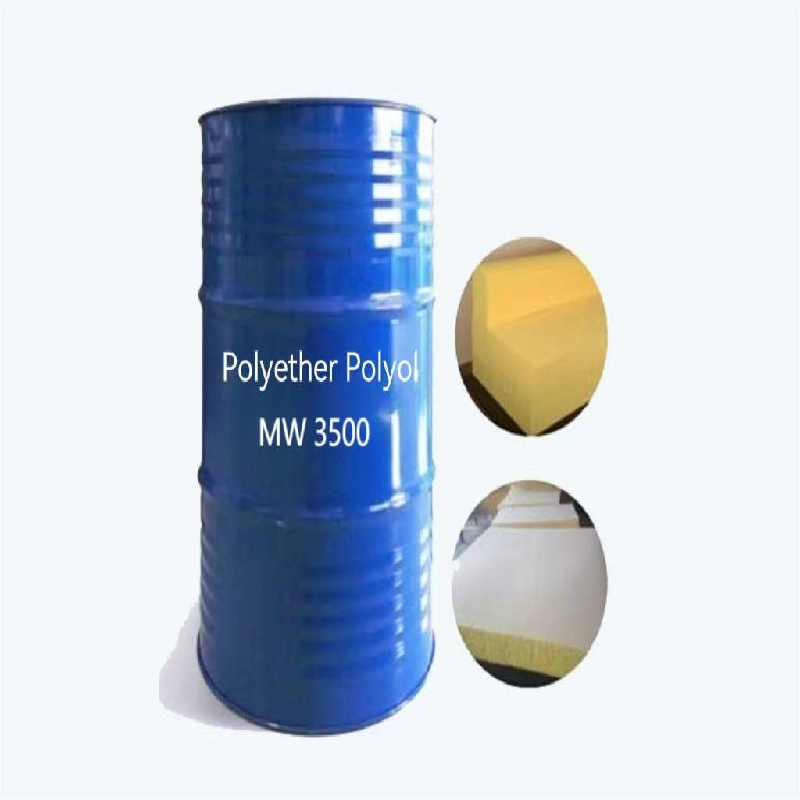-
Categories
-
Pharmaceutical Intermediates
-
Active Pharmaceutical Ingredients
-
Food Additives
- Industrial Coatings
- Agrochemicals
- Dyes and Pigments
- Surfactant
- Flavors and Fragrances
- Chemical Reagents
- Catalyst and Auxiliary
- Natural Products
- Inorganic Chemistry
-
Organic Chemistry
-
Biochemical Engineering
- Analytical Chemistry
- Cosmetic Ingredient
-
Pharmaceutical Intermediates
Promotion
ECHEMI Mall
Wholesale
Weekly Price
Exhibition
News
-
Trade Service
Recently, researchers from Singapore's Institute of Science, Technology and Research have shown that electrodes made of tellurium can improve the energy storage and output power
of lithium-ion batteries.
Telluride electrodes have higher energy density and have better charge and discharge rates
than traditional electrode materials.
It is reported that the cathode of traditional lithium-ion batteries contains oxides of iron, cobalt and manganese, and the energy density is relatively low
.
In principle, sulfur or selenium can effectively increase the capacitance
because lithium ions react with oxygen in the positive electrode.
However, in fact, none of these materials are suitable electrode materials, because the efficiency of oxygen-based cathodes is not high, and the conductivity of sulfur or selenium electrodes is not good
.
The Singapore Institute of Science, Technology and Research has investigated the possibility of
tellurium as an electrode material.
They found that tellurium is a better conductor material than sulfur or selenium and can provide greater energy density
.
The researchers heated the tellurium to 500°C to melt it and entered a porous carbon electrode, and then tested its performance in four different liquid electrolytes, with the best
performance obtained in dimethyl sulfoxide solution.
Immediately afterwards, the team developed a cathode made of tellurium nanowires, which is only 7 nanometers wide, resulting in an electrode with an energy density of 1800 milliwatts per hour cubic centimeters, 50%
more energy than conventional electrodes store.
Next, we plan to develop a hybrid material system
with higher capacitance by incorporating low-cost sulfur into tellurium electrodes, the researchers said.
Recently, researchers from Singapore's Institute of Science, Technology and Research have shown that electrodes made of tellurium can improve the energy storage and output power
of lithium-ion batteries.
Telluride electrodes have higher energy density and have better charge and discharge rates
than traditional electrode materials.
It is reported that the cathode of traditional lithium-ion batteries contains oxides of iron, cobalt and manganese, and the energy density is relatively low
.
In principle, sulfur or selenium can effectively increase the capacitance
because lithium ions react with oxygen in the positive electrode.
However, in fact, none of these materials are suitable electrode materials, because the efficiency of oxygen-based cathodes is not high, and the conductivity of sulfur or selenium electrodes is not good
.
The Singapore Institute of Science, Technology and Research has investigated the possibility of
tellurium as an electrode material.
They found that tellurium is a better conductor material than sulfur or selenium and can provide greater energy density
.
The researchers heated the tellurium to 500°C to melt it and entered a porous carbon electrode, and then tested its performance in four different liquid electrolytes, with the best
performance obtained in dimethyl sulfoxide solution.
Immediately afterwards, the team developed a cathode made of tellurium nanowires, which is only 7 nanometers wide, resulting in an electrode with an energy density of 1800 milliwatts per hour cubic centimeters, 50%
more energy than conventional electrodes store.
Next, we plan to develop a hybrid material system
with higher capacitance by incorporating low-cost sulfur into tellurium electrodes, the researchers said.






